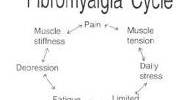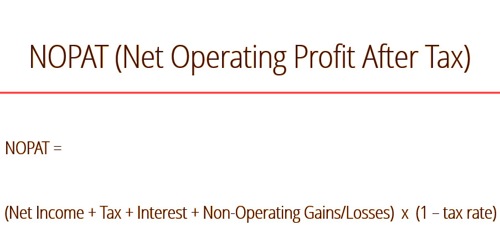Food energy is the amount of energy obtained by eating food. Animals (including humans) obtain chemical energy from their diet to support their metabolism, including muscular activity. The calorie is the most used unit of measurement for food energy. It refers to the quantity of energy obtained from consuming a given food or beverage. A calorie is a unit of energy, and when we talk about the calories in food, we are referring to the energy that can be generated when the body metabolizes that food. Food energy is often measured in calories or joules.
Most animals get the majority of their energy from aerobic respiration, which involves mixing carbs, lipids, and proteins with oxygen from the air or dissolved in water. Other minor dietary components, such as organic acids, polyols, and ethanol (drinking alcohol), may contribute to calorie intake. Some diet components that supply little or no food energy, such as water, minerals, vitamins, cholesterol, and fiber, may nonetheless be important for health and survival for other reasons. Some species, on the other hand, have anaerobic respiration, which derives energy from food through reactions that do not require oxygen.
The three main macronutrients—carbohydrates, proteins, and fats—contribute to the energy content of food. Here’s the energy content for each macronutrient:
- Carbohydrates: 1 gram provides approximately 4 calories.
- Proteins: 1 gram provides approximately 4 calories.
- Fats: 1 gram provides approximately 9 calories.
Alcohol contributes to the energy composition of other beverages as well, contributing around 7 calories per gram. Consuming an adequate amount of dietary energy is critical for overall health, and balancing macronutrient consumption is critical for a well-rounded and nutritious diet. The daily calorie intake is recommended based on parameters such as age, gender, weight, exercise level, and overall health goals.
















